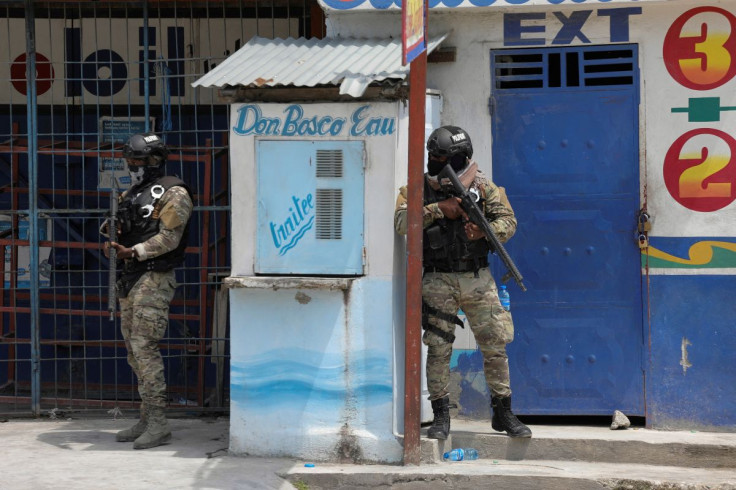
Migration in the Americas has surged to unprecedented levels, surpassing records that include over 500,000 individuals navigating the perilous Darien Gap as they head up north, and the U.S. seeing a new record of arrivals in fiscal year 2023.
As the region grapples with this surge, Jordi Amaral, author of the specialized newsletter Americas Migration Brief, highlighted five critical issues are poised to shape the migration landscape in the coming year. They are Maritime migration, the crisis in Haiti, climate change, elections and integration efforts.
Here's a summary on the reason why each one of them are worth paying attention to:
Maritime Migration on the Rise
In recent years, maritime migration in the Caribbean has witnessed a substantial uptick, marked by over 320 deaths and disappearances recorded in 2022 alone by the IOM's Missing Migrants Project. These perilous journeys are fueled by migrants seeking refuge in the US, as well as destinations like Jamaica, Mexico, and the Cayman Islands. With land-based routes becoming more challenging due to increased enforcement efforts, the dangerous oceanic routes are becoming an alternative.
Haiti in Crisis: A Growing Exodus
Haiti faces an escalating crisis with no elected representation and widespread gang rule. The crisis, coupled with internal displacement reaching nearly 200,000, has intensified migration to the US, Canada, and Mexico. While humanitarian pathways provide crucial protection, significant challenges persist, leaving many in dire circumstances. Enhanced regional coordination is imperative to address both internal and external aspects of the crisis, Amaral said.

Climate Change Fuels Human Mobility
The impact of climate change on migration is palpable, with rapid-onset events causing displacement and slow-onset impacts contributing to migratory intentions. Natural disasters triggered 2.1 million internal displacements in the Americas in 2022, posing challenges not only in Latin America and the Caribbean but also affecting the US and Canada. As the El Niño effect worsens, climate-related migration is expected to rise, demanding attention on both domestic and international fronts.
Integration Investment is Crucial
Despite significant diasporas in Latin America and the Caribbean, many migrants struggle to integrate, leading to multilegged migration journeys. A recent $89 million investment by the US, Canada, South Korea, and Spain aims to support infrastructure and social services for migrants and their receiving communities. Promoting integration is vital for economic and cultural growth, addressing labor shortages, and mitigating potential tensions within receiving countries.
Elections and Political Landscape are Pivotal
As 2024 unfolds, elections across the Americas will significantly impact migration policies. The US election holds particular weight, influencing bilateral and regional cooperation. Simultaneous elections in the US and Mexico may further shape the future of cooperation between the two nations. Elections in Venezuela, the Dominican Republic, and Panama also promise to influence migration policies, with potential repercussions on enforcement measures, border policies, and regional strategies.
© 2023 Latin Times. All rights reserved. Do not reproduce without permission.







